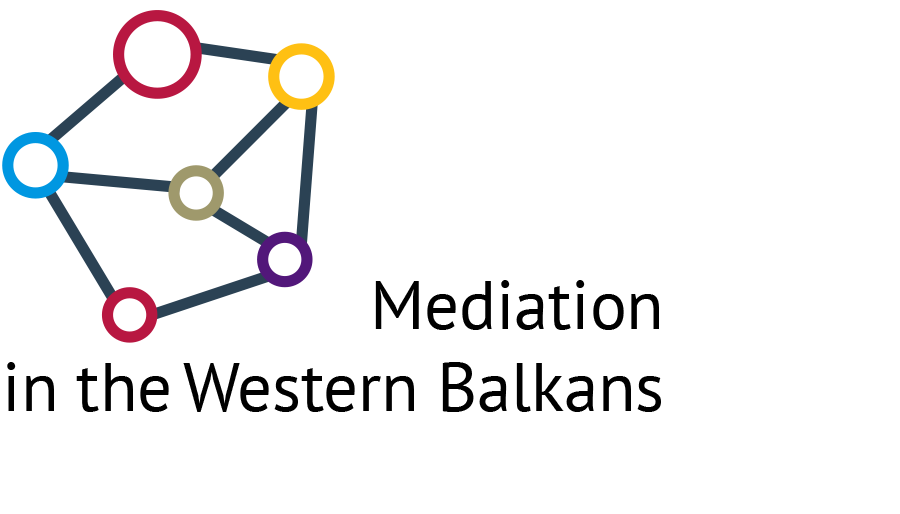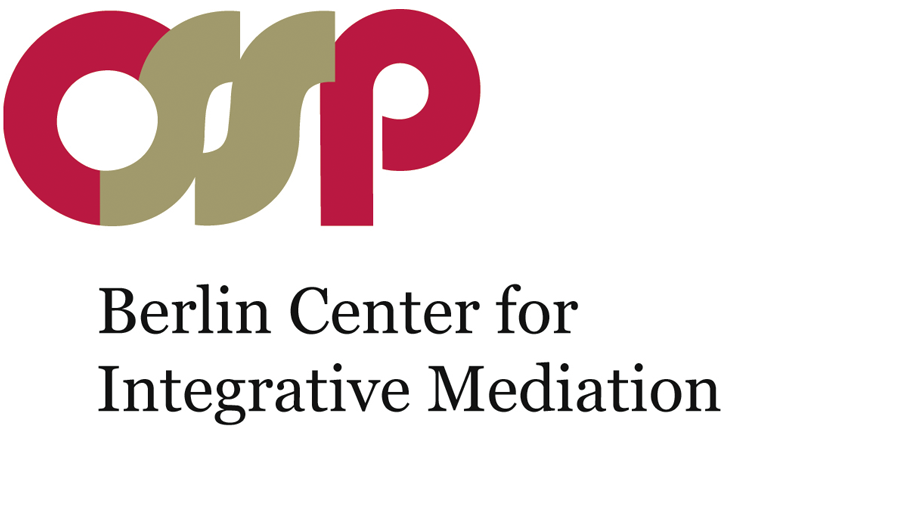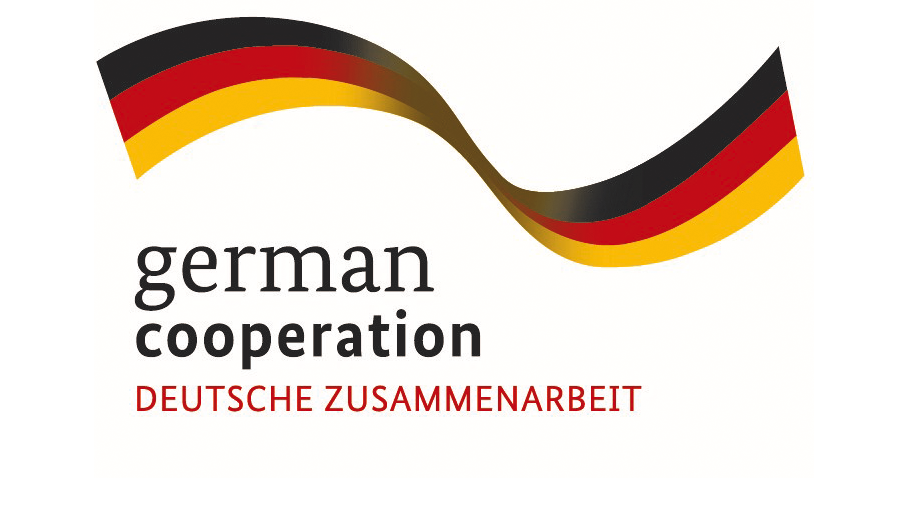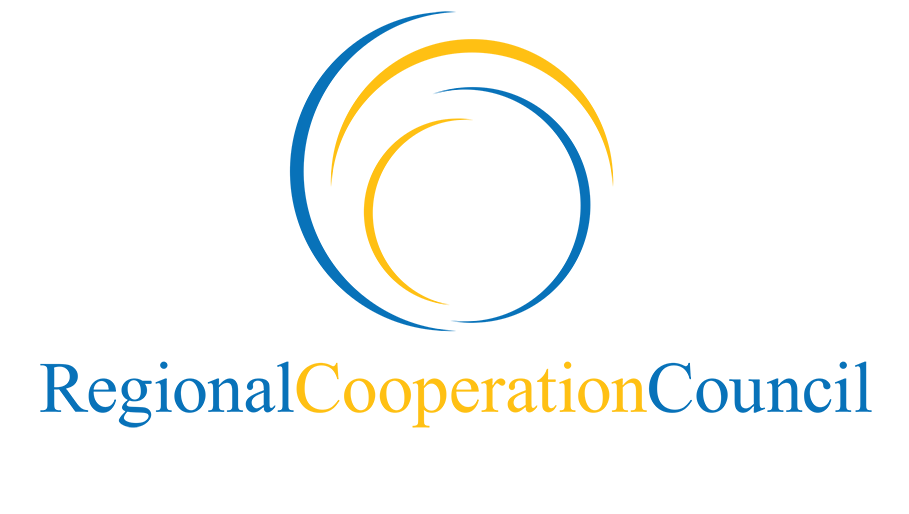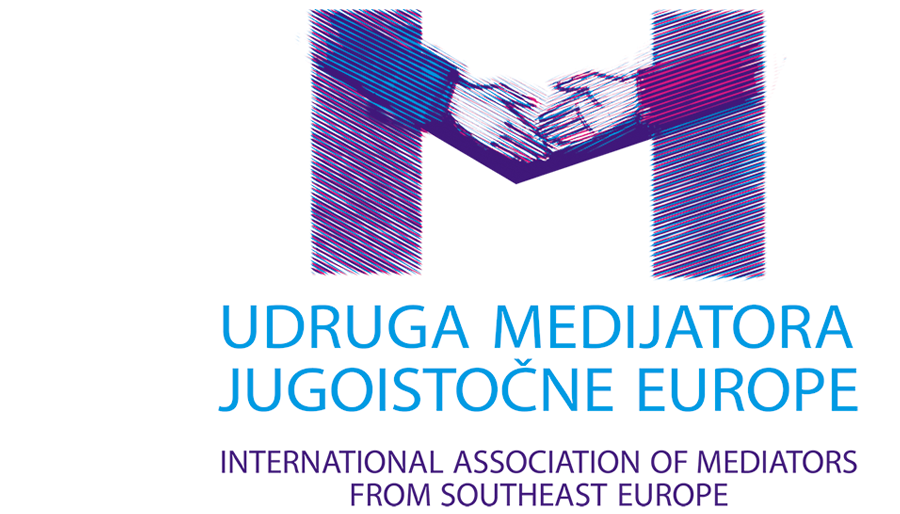Mediation in Albania is not a new concept and practice. In Albanian mediation culture, offered in a traditional way, has played an important role in resolving conflicts. But mediation as a modern service, offered by trained and qualified professionals, started in Albania during the nineties. The first law of mediation dates from 1999 and national organization with the support of international ones have worked a lot to raise the awareness about the importance of mediation in the Albanian society. Despite the fact that mediation in Albania is now towards its consolidation road, the challenges of its implementation, especially those related to the quality of services, still remain numerous. Generally speaking, the higher the quality of the mediation service is, the greater the credibility of the process to the parties and to the wider community, will be.
This paper shows the results of a research conducted in Albania in the period March-May 2019[1]. The aim was to measure the perceptions of the juvenile victims and offenders and of their parents about the quality of Victim Offender Mediation Service. The research was conducted in 7 districts in Albania: Elbasan, Korça, Shkodra, Vlora, Gjirokastra, Tirana and Durrës and it covers the cases managed from the period of December 2017-March 2019. On the one hand, 173 (semi-structured) satisfaction questionnaires were compiled by parties, which have participated in the mediation process, reflected their perceptions about the quality of offered services , on the other hand, free discussions with 11 mediators have reflected, from mediators perspective, the challenges related to the provision of quality during mediation services.
The results showed a high level of satisfaction from parties who have participated at the mediation service. They listed some important elements in regard to quality of services, as following:
a. The duration of the mediation process
Parties consider mediation a fast process. The data generated from the survey showed that the biggest part of the respondents affirmed that the whole process lasted less than one week (46.8%).
b. The lack of bureaucracy procedures and the friendly climate
Parties are satisfied with the friendly climate of the mediation process and the lack of bureaucracy procedures. They usually compare their experience on mediation and Restorative Justice (RJ) programs with the one in penal justice institutions, mentioning the strict procedures and the formal climate in the last ones.
c. The professionalism and good reputation of mediators
Many people stressed that they have established a trustable relationship with the mediator. They also mentioned that, in their localities, mediators were people with a very good reputation such as teachers, university lecturers, school directors etc. This professional profile of mediators helped a lot to build a trustable relation with parties.
d. The importance of confidentiality of the process
In some cases, especially when the process of mediation and the RJ program preceded the criminal justice process, parties feel happy that the case was treated with confidentiality, reducing the stigma and prejudices generated by the process of prosecution and the court management of the case.
e. The improvement of the relationship between parties
Based on the data taken from the survey, it came out that 89.6 % of the respondents claimed that the mediation process helped to fully mesh the relationship with the other party and brought the conflict to an end.
Another question of the survey has to do with the level of harmony of the relationship between parties. Parties were asked to evaluate (basing on a 5 Likert scale) the relationship with the other party, after the Victim Offender Mediation (VOM) service and RJ program. According to the data, 82.7% of the respondents affirmed that have a “very good” (37.6%) and a “good” (45.1%) communication with the other party, after the VOM service.
| Answer | Frequency | Percent | |
| Very good | 65 | 37.6 | |
| Good | 78 | 45.1 | |
| Not so good | 21 | 12.1 | |
| Bad | 1 | .6 | |
| There is no communication | 7 | 4.0 | |
| Without answer | 1 | .6 | |
| Total | 173 | 100.0 | |
Table nr. 1: The level of communication with the other party after the VOM service and RJ program
f. The educational value
Parties mentioned the big educational value of these processes. Many of them learned about the importance of apology/ forgiveness. Many others understood the importance of empathy toward the other and the importance of taking responsibility for the own actions as well.
g. Free of charge service provided to parties involved
All the respondents estimated the importance of VOM service and RJ programs being offered free of charge. According to them, when this service is offered free of charge, parties can participate easily and the social mission of mediation service can be fully completed.
The data generated from the survey also showed that 96.5% of the respondents believe that the conditions expressed on the mediation agreement will be respected. 99.4% would recommend the mediation service to their friends and relatives.
According to the mediators, despite their efforts to offer a professional service of mediation, some challenges are still present during their work and need to be surpassed.
Mediators stressed their need for: periodically continued training, shadow mediation, more cases to be referred to the mediation service.
It is noticed that, regardless of the level of satisfaction from the parties, the mediators are demanding in respect to their work and the improvement of their services. According to them, the theory must be combined with the practice, because after all, practice makes perfect.
[1] The research was conducted as an evaluation process at the end of the implementation of the project “Juvenile Victim and Offender Support through Restorative Justice and Mediation”, implemented by AFCR, Save the Children and the Centre of Integrated Legal Services and Practices and supported by European Union.
__________________________________________________________________________________
About the Author: Brunilda Zenelaga is a Mediator, Sociologist and University Professor at the Faculty of Social Science, University of Tirana
Profile:https://www.balkanmediation.org/people/1234/
